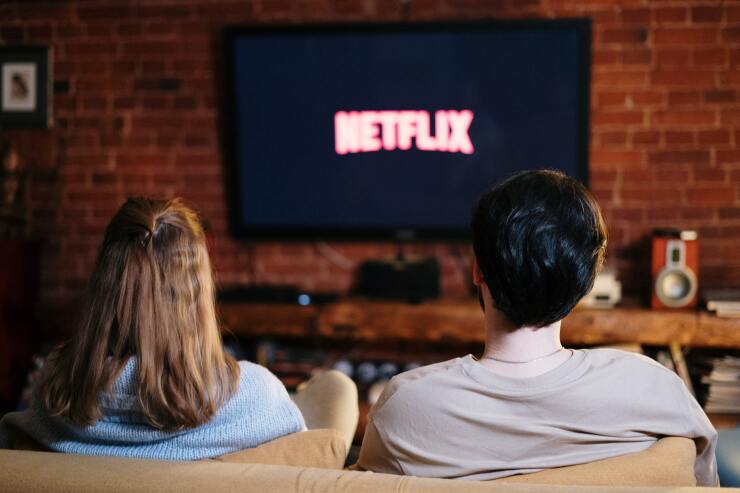As office perks such as catered lunch and in-house yoga have become obsolete, employers are changing their benefits approach to better meet employee needs in the work-from-home era.
That’s why
“COVID-19 has really accelerated [the shift to personalized benefits] a great deal,” says Jordan Peace, CEO of Fringe. “We've gone from a small amount of tech companies providing personalized benefits to now all of a sudden, the phone's ringing off the hook for [employers] to provide that for their employees. So it's interesting that it takes a pandemic to move the needle that quickly.”
See also:
Offering personalized benefits not only helps employers keep up with the changing workplace, but it allows them to show empathy to their employees during this time, Peace says. Working from home has presented struggles to employee mental health and productivity, with almost half of remote workers reporting anxiety and depression since the start of the pandemic, according to a survey report from Hinge Health. Additionally, after a record high in May, employee engagement went down to its lowest level since 2000 in early July, according to
As employers are beginning to understand the struggle of working from home, they are more eager to help and support their employees, Peace says. Providing benefits that promote employee health and well-being are top priority for employers right now, he says. Fringe, whose marketplace has over 100 vendors, has experienced a 22.5x increase in users since early March. Fringe can be used as a lifestyle benefit with a monthly allocation of funds to each employee. The monthly platform fee is $5 per month per employee.
“This is a hard time for everybody and there's a level of empathy that I think wasn't there four months ago,” Peace says. “Now, we’re hearing from HR folks and other executives that they just want to help and support their people at home.”
Since shelter-in-place began, food services have been another huge draw for employees using the marketplace. Fringe has seen a 500% increase for services such as Uber Eats and Grubhub. Apps like Shift and Instacart have also been “wildly popular” during COVID-19 as employees want to get groceries delivered to their home, Peace says.
“The other trend we're seeing is things that support the family, and particularly children,” he says. “So whether that's educational resources, or even activities and entertainment, they're vital resources right now for employees that are at home with children.”
Other services that are in high demand on Fringe’s marketplace include mental health resources like Talkspace and Headspace, which provide opportunities for employees to meditate or speak to a counselor or mental health professional.
See also:
As employers look toward cost-saving measures during their adjustment to remote work, shifting their budget to cover personalized benefits can help their bottom line in the long run. Without physical office space, employers save $10,000 per year per employee in real estate costs, and $3,000 per year per employee on snacks, catered lunches and team events, according to Global Workplace Analytics.
“[Employers] are saving a great deal of their budget right now,” Peace says. “You think about the coffee, lunches and travel that we're not paying for. Where's that budget going? We're giving companies an opportunity to package up office culture and office amenities, and ship it home.”
With a contingent of employees working from home for months to come, offering ways to reduce stress or give time back in their day is going to be of great importance for employee engagement and retention, Peace says.
“For Fringe, this has made us take a hard look at what we can offer to address a unique problem that would not have existed were it not for COVID-19,” he says. “We’re always thinking about what's missing in the employee's life that maybe they used to have access to [pre-pandemic].”






